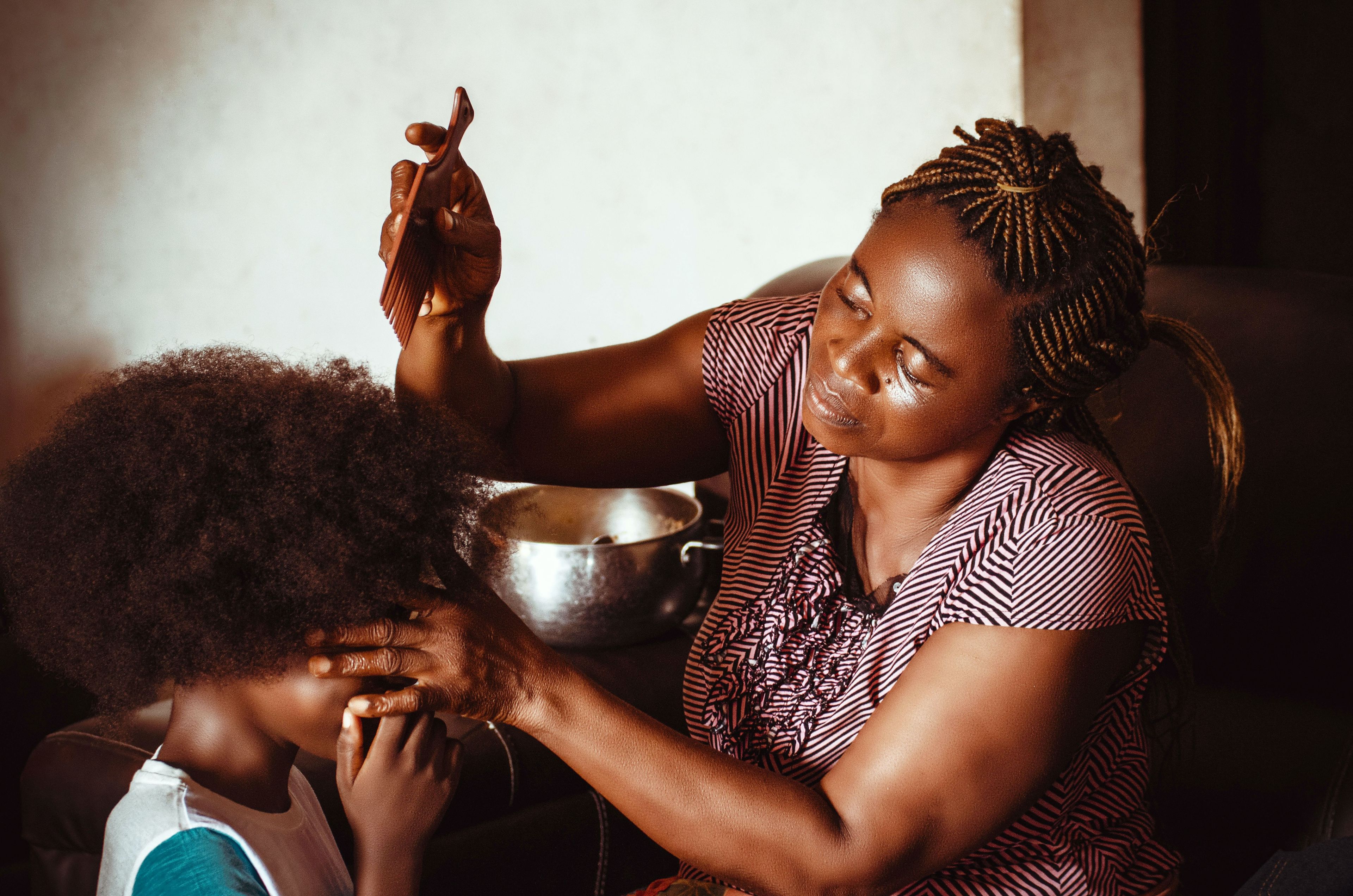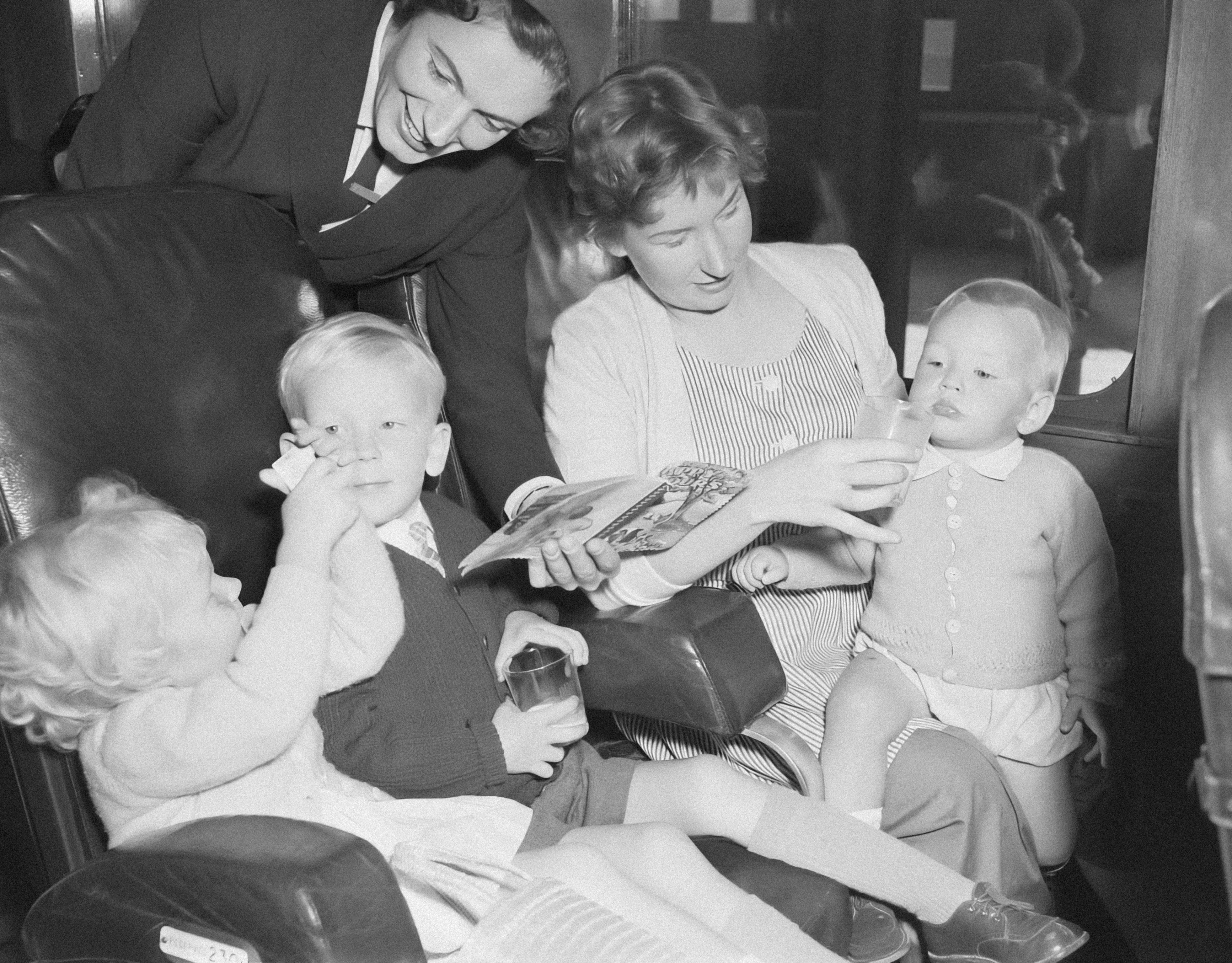The Mother Wound
Your mother holds immense power over the narrative of your life.
Let’s start with an important reminder: sometimes, the mother wound is caused by an abusive mother with ill intentions who intentionally manipulates and withholds love, affection, and protection from her child. And many of you who are healing from the mother wound had mothers who were unsupported, traumatized, trapped in oppressive systems, and/or who were wounded by their mothers.

This doesn’t change the pain that you feel, but it does change how you come to understand and relate to your mother. You may set the same boundaries or make the same changes in your relationship with your mother, but the story you tell yourself will be wildly different.
I believe there is a difference between how each of these mother wounds feels and how you will approach healing from them:
- My mother did not love me. She intentionally hurt me and wanted me to suffer.
- My mother did not know how to love me or herself. She was suffering from her own mother wound and harmed me regularly. She is unwilling to look at how she harmed me and learn a new way.
- My mother did not know how to love me or herself. She was suffering from her own mother wound and harmed me regularly. She is willing to look at how she harmed me and learn a new way.
Here are two different definitions of the mother wound:
- “A matrilineal burden that manifests in women and is passed on from generation to generation” - Kelly McDaniel
- “At the macro level, the mother wound is a matrilineal wound—a burden that manifests in mothers, and is passed on from generation to generation. It’s the pain and grief that grows in a woman as she tries to explore and understand her power and potential in a society that doesn’t make room for either, forcing her to internalize the dysfunctional coping mechanisms learned by previous generations of women. The mother wound reflects the challenges a woman faces as she goes through transformations in her life in a society where the patriarchy has denied us ongoing matrilineal knowledge and structures.” - Oscar Serrallach
Your mother holds immense power over the narrative of your life. She was your first experience with acceptance + rejection, love + hate, or attention + neglect. Her actions influenced how you see the world and yourself before you were even a living, breathing human being.
But your mother is not an island and is not the only potential source of your pain. She is also a human who has been deeply impacted by the world she grew up in. She has her own wounds that she either didn’t have the resources to heal, denied, or refused to heal. Maybe you’re one of the lucky ones with a mother who has decided to work on understanding how her own upbringing and wounding have impacted her mothering.
Do You Have A Mother Wound?
In the book Mothers Who Can’t Love, Susan Forward, PhD lists a series of questions to help you identify if you have a mother wound. She asks, do you:
- Wonder if your mother loves you—and feel ashamed that she may not?
- Feel responsible for the happiness of everyone but yourself?
- Believe that your mother’s needs, wants, and expectations of you are more important than your own?
- Believe that love is something you have to earn?
- Believe that no matter what you do for your mother, it won’t be enough?
- Believe that you must protect her, even from the knowledge that she’s hurting you?
- Feel guilty and believe you’re a bad person if you don’t comply with the wishes of other people, especially your mother?
- Hide the details of your life and feelings from your mother, because you know she’ll find a way to use your truths against you?
- Find yourself constantly chasing approval?
- Feel scared, guilty, and small, no matter how much you accomplish?
- Wonder if there’s something wrong with you that will keep you from being able to find a partner who loves you?
- Feel afraid to have children (if you want them) because they’ll turn out “messed up, like me”?
If you answered yes to several or all of these questions, you likely have a mother wound that needs attention.
Why You Have A Mother Wound
The mother wound is an unhealed wound that continues to be passed down through generations. Here are some reasons why mothers are wounded and then continue to pass on that wounding to their children:
- Diet culture
- Authoritarian filial piety: obedience to social obligations to one's parent, often by suppressing one's own wishes to conform to the demands of the parent
- War
- Immigration
- Cross-cultural differences when a child is being raised in a different culture than their parent and the parent expects complete loyalty to their culture
- Generational differences with the expectation that the younger generation will conform to the norms of the previous generation
- Poverty
- Racism
- Colonialism
- Emotional, physical, sexual, and verbal abuse
- Patriarchal societies/sexism and internalized misogyny
- Untreated mental illnesses

You probably experienced at least one of these things growing up, and having one of these experiences does not guarantee that you will have issues with your mother. Most daughters struggle because their mothers ignore the impact of these events, deny they were difficult or harmful, refuse to discuss them, or even blame their children for the difficulties they experienced.
I’ll give you an example:
- Child 1 grew up in poverty with a mother who worked hard and was loving towards the child. She explained that she was working to give her family a better life and validated how hard it must be for her daughter when she’s gone. She tried to give her daughter her full attention and apologized when she couldn’t.
- Child 2 grew up in poverty with a mother who worked hard to pay the bills. Every time her mother came home and her daughter said, “I missed you today, Mom,” her mother said something like, “You kids are so damn expensive. I wouldn’t have to work so hard if it wasn’t for you.” Whenever the child would ask for something, her mother would call her spoiled.
Both kids grew up in poverty, but which one is more likely to struggle with a mother wound?
The Mother Wound Can Be Healed
You can be the one to end this cycle of mistreatment in your family. It all begins with a realization that things can and should be different.